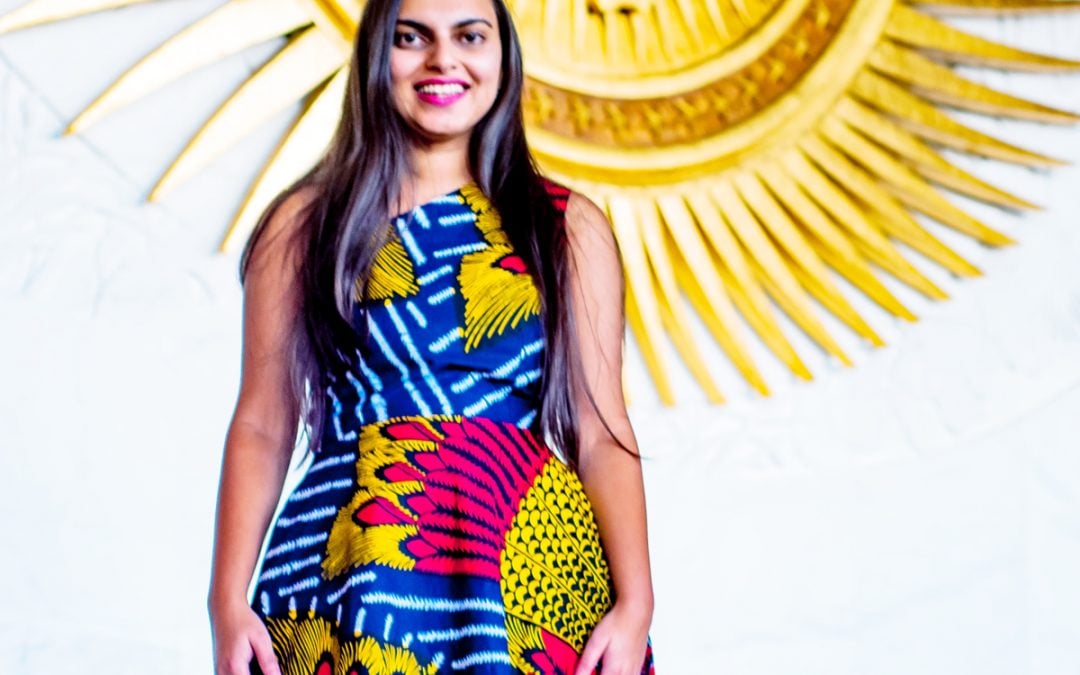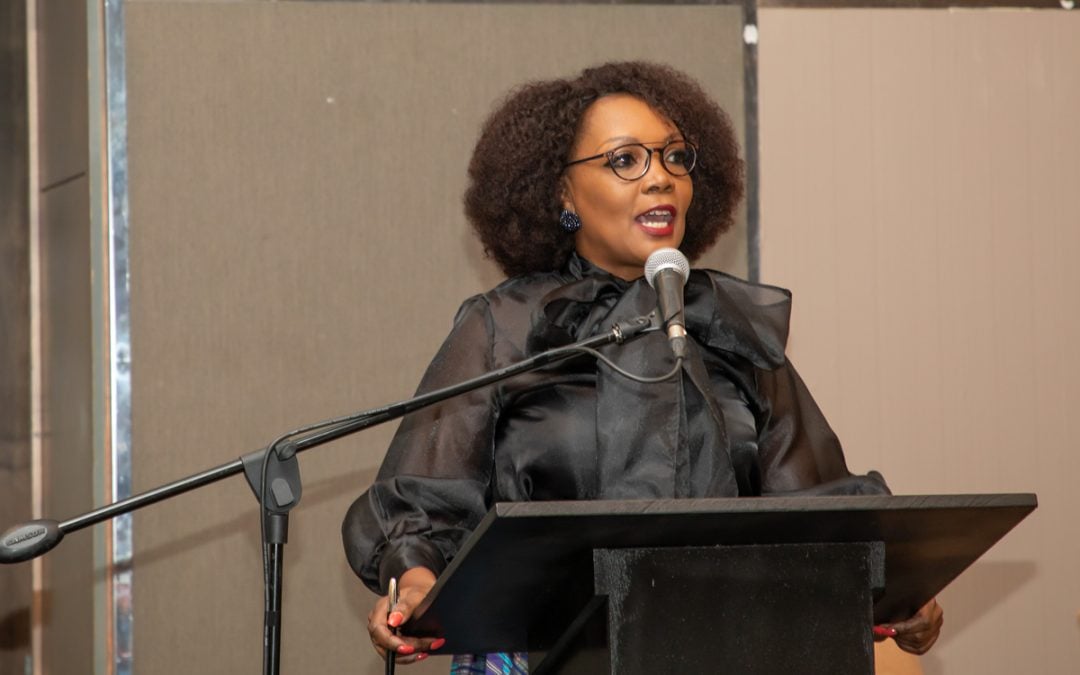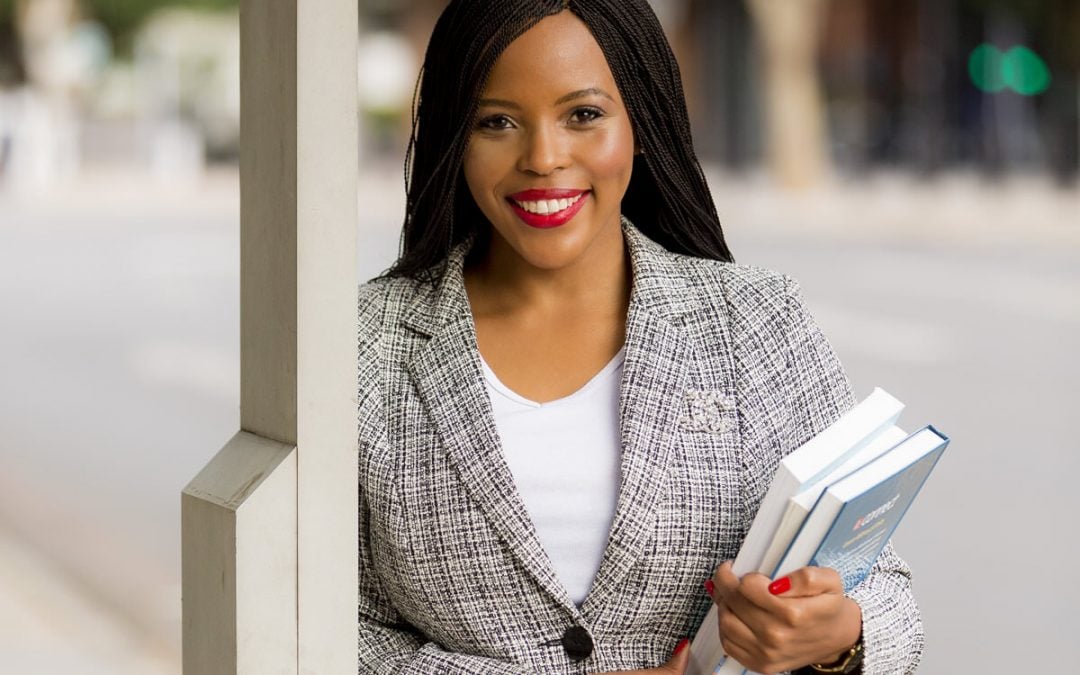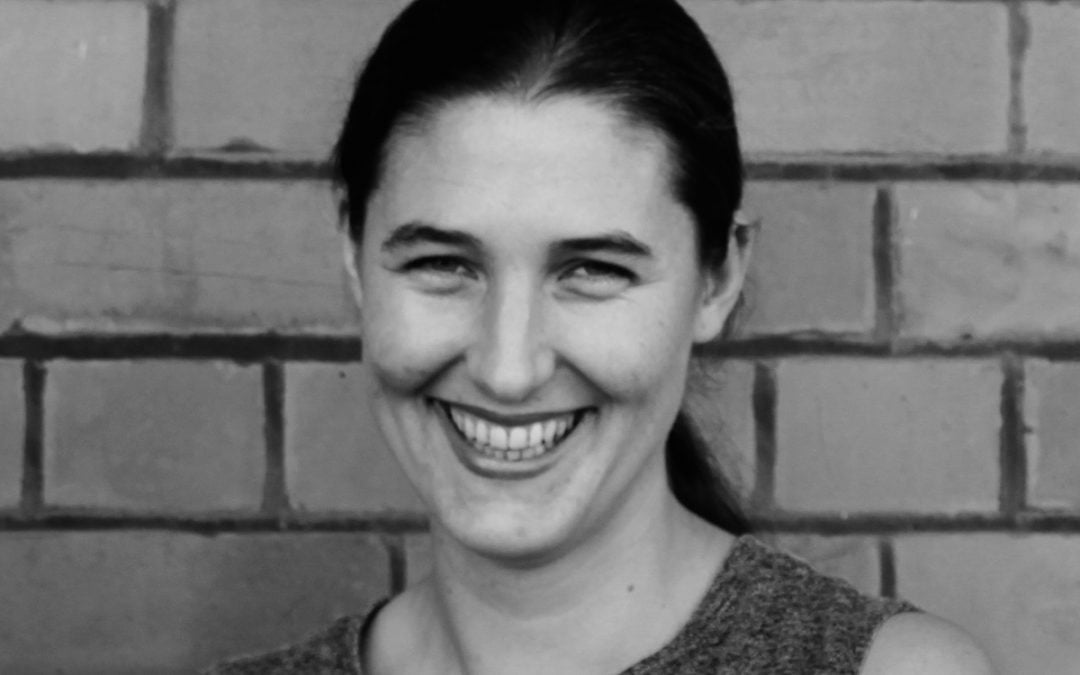The sustainable development researcher and practitioner engages the messy in-between to find solutions to South Africa’s crises.
Finding solutions to South Africa’s sustainability problems is a messy business. It requires balancing the interests of a number of stakeholders and trying to get them on the same path.
This is where Lauren Hermanus steps in. The sustainable development researcher and practitioner is comfortable — happy even — navigating this complexity.
Hermanus did her Master’s in Philosophy, but she didn’t want to be confined to a limited specialisation. “I wanted to have the flexibility to be engaged in messy, real-world social problems,” she says.
She first worked with a private consulting firm and went on to work with the Western Cape government on greening its economy. She eventually branched out on her own, starting her consulting practice, Adapt, in 2016.
“Just gradually, I think through picking up projects that interested me and by working with people that I really like and wanted to work with and learn from, I found myself where I am now.”
Hermanus now has over a decade’s worth of experience in sustainable development work. She has worked on a number of projects with government and non-profit organisations focussed on sustainable energy innovation, urban resilience and green economic development.
She has also worked to address the effects of state capture and corruption in the energy sector alongside the parliamentary portfolio committee on public enterprises.
Her consulting work allows her to act as a translator between stakeholders. “People who operate in those different, almost like little subsystems of society, have different roles that they follow and they’re incentivised differently,” Hermanus says.
“So sometimes the logic of the way that people think and approach problems and approach solutions is very different. I actually really like having the role of facilitating the translation between different subsystems, and between different causes. Actually what I find really interesting is that messy, in-between stuff.”
She says for a long time she felt a lot of pressure, especially as a woman, to fit into a concrete set of expertise. “But increasingly, I’m just finding myself more and more comfortable with the fact that actually someone has to specialise in the messy spaces in between… and that is its own area of expertise,” Hermanus says.
“It does mean that I constantly kind of feel like a little bit out of my depth. Because I’m constantly having to pick up new vocabularies and having to become literate in a whole set of new issues so that I can speak with competence and confidence to different kinds of stakeholders.”
Hermanus loves her work, even though some of it — such as attending to South Africa’s energy crisis and Eskom’s death spiral — is pretty dire.
“I think the privilege of my work is that it’s intellectually stimulating. But at the same time it is ethically compelling.”
The issues Hermanus works on demand an urgent response from a whole range of stakeholders. She says she finds joy in bringing people together around this sense of urgency and finding shared solutions.
“When you can connect with other people around the urgency of that response and a shared recognition that something needs to be done, that recognition is not an intellectual one. It’s a deeply personal and ethical imperative.”

























